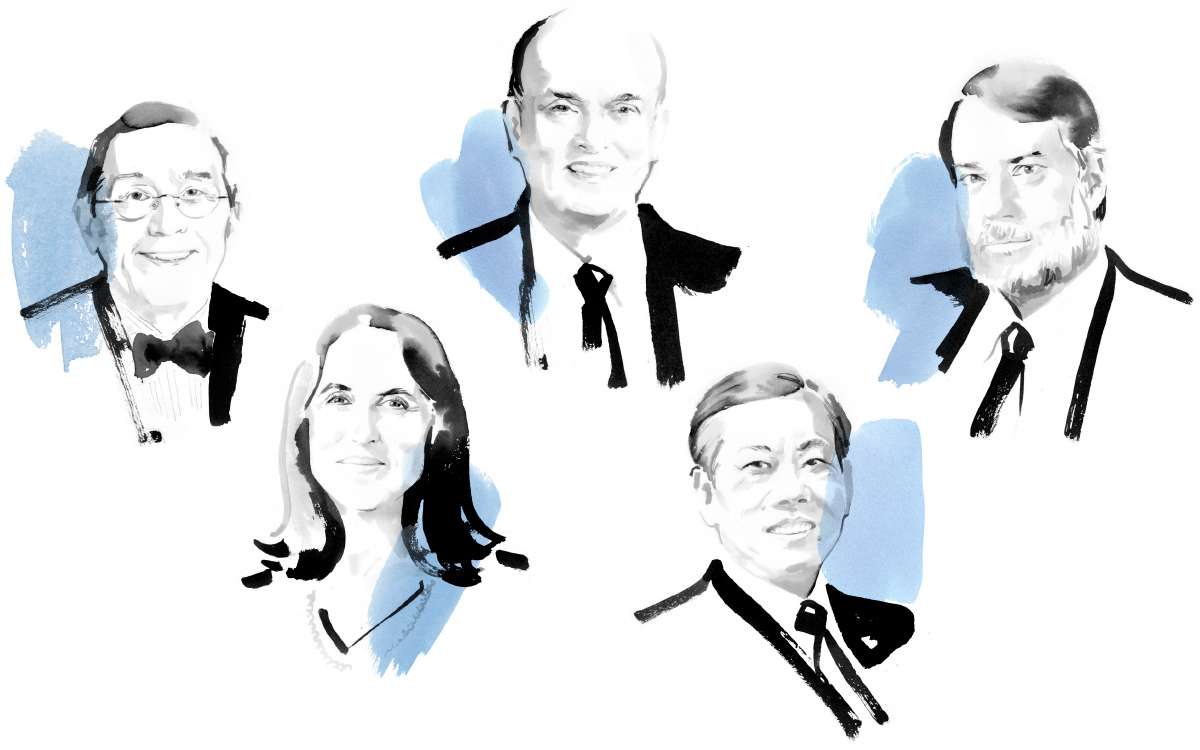

 ichael M.
ichael M. Birthplace and hometown: Davenport, Iowa.
Favorite book: One that has certainly been influential in my thinking is The Bramble Bush by Karl Llewellyn, a noted professor and legal realist scholar in the first half of the 20th century. Legal realism is the philosophy that the law needs to acknowledge what really happens in the world, and that’s what Llewellyn’s about. I think that fits in pretty well at Fordham. Our school is very well regarded in terms of knowledge about legal doctrine and theory, but ultimately I think most of our faculty recognize that we’re training students who will practice or otherwise use the law, and there’s a certain amount of realism they will need.
Signature class: Probably my favorites are two first-year classes, Torts and Civil Procedure. Students coming into law school have a lot of intuitions about the kinds of problems that arise in Torts—it’s about fights and accidents and defective products, all things that are part of their experience. It’s fun for me to challenge them to figure out why they have these intuitions, and whether these are good intuitions. On the other hand, most students coming into law school have no idea what Civil Procedure is about; this is lawyer’s law. My job is to challenge them to learn about this foreign world and develop intuitions about it.
Career highlight: I’ve narrowed it to three. The first was being named Teacher of the Year in 2005; it’s probably the highest honor I can think of. The second was receiving the Dean’s Medal of Recognition from John Feerick in 2001 and from Bill Treanor in 2010. And the third was being asked to become dean in the summer of 2011 after serving a year as interim dean.
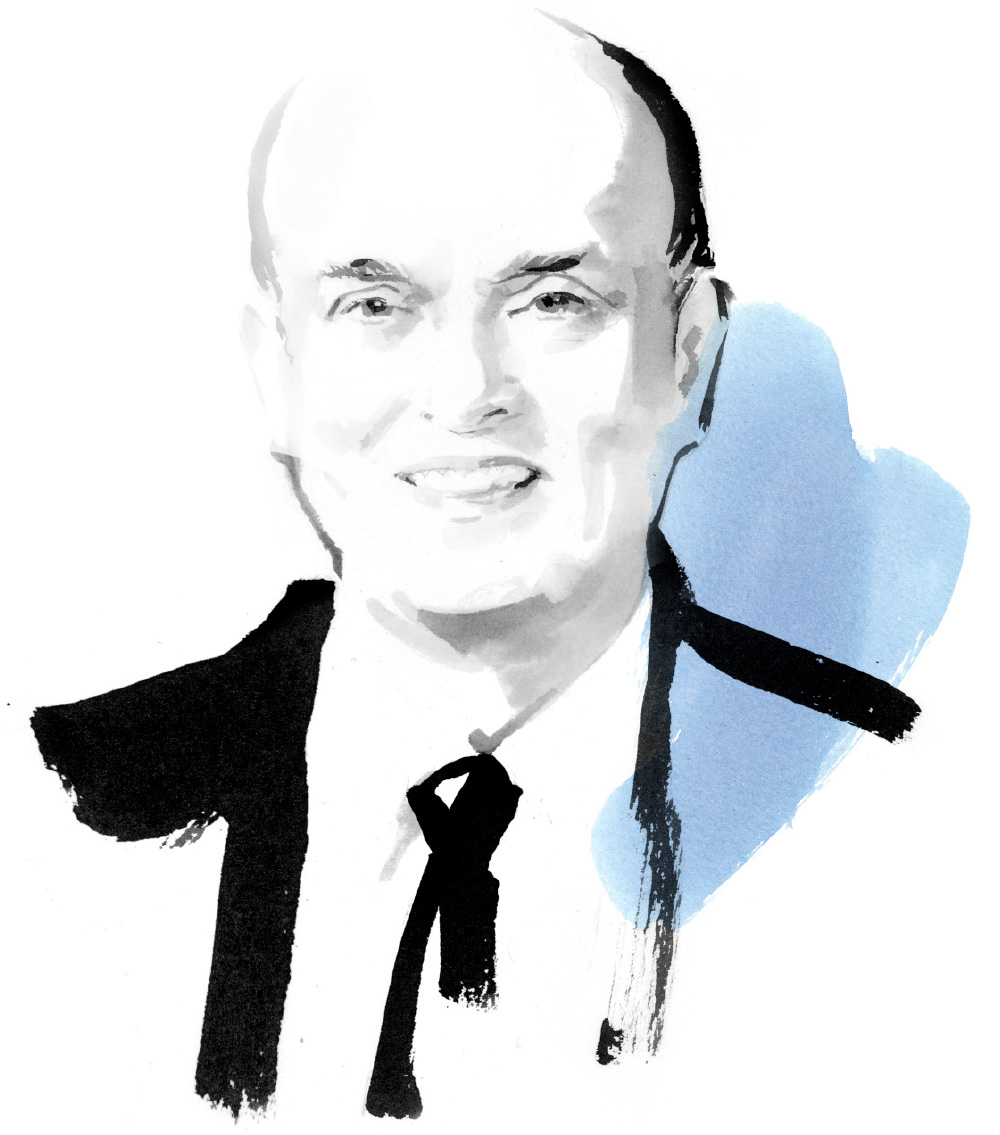
The other challenge was that I knew coming into the deanship that development and fundraising were not responsibilities I wanted. And then, shortly after I became dean, the environment for law schools became very difficult, with applications dropping approximately 10 percent each year as fallout from the 2008 economic crisis. So, I turned to the people I was working with—on development I had Assistant Dean Vera Bullock to educate me—and relied on faculty, administrators, and staff to strengthen the program to make it more attractive to students. It was also very reassuring to have the backing of our 17,000 loyal and generous alumni. I think we did pretty well under the circumstances.
One piece of advice he’d give his younger self: This too shall pass.
First impression of Fordham Law: My first impression was that there was a certain amount of New York parochialism—the Law School was more content with itself than I thought was probably appropriate. That has changed over the years, and that’s why we now have a national reputation. Yet, as the school has extended its horizons incredibly, the sense of community has only gotten stronger.
Favorite physical space on campus: That’s clearly the new Law School building. I was associated with it from the time the University started master-planning the campus in 1997, and then I was a member of the building committee through the 2000s. I was fortunate enough that the first year in the new building was my last year as dean.
Parting advice to new faculty: You’ve become part of an amazing community. Enjoy it, and do what you can to make it even better.

 ichael M.
ichael M. Birthplace and hometown: Davenport, Iowa.
Favorite book: One that has certainly been influential in my thinking is The Bramble Bush by Karl Llewellyn, a noted professor and legal realist scholar in the first half of the 20th century. Legal realism is the philosophy that the law needs to acknowledge what really happens in the world, and that’s what Llewellyn’s about. I think that fits in pretty well at Fordham. Our school is very well regarded in terms of knowledge about legal doctrine and theory, but ultimately I think most of our faculty recognize that we’re training students who will practice or otherwise use the law, and there’s a certain amount of realism they will need.
Signature class: Probably my favorites are two first-year classes, Torts and Civil Procedure. Students coming into law school have a lot of intuitions about the kinds of problems that arise in Torts—it’s about fights and accidents and defective products, all things that are part of their experience. It’s fun for me to challenge them to figure out why they have these intuitions, and whether these are good intuitions. On the other hand, most students coming into law school have no idea what Civil Procedure is about; this is lawyer’s law. My job is to challenge them to learn about this foreign world and develop intuitions about it.
Career highlight: I’ve narrowed it to three. The first was being named Teacher of the Year in 2005; it’s probably the highest honor I can think of. The second was receiving the Dean’s Medal of Recognition from John Feerick in 2001 and from Bill Treanor in 2010. And the third was being asked to become dean in the summer of 2011 after serving a year as interim dean.
Biggest challenge: I could single out two. One, at the beginning of my career, involved becoming an effective teacher, especially in courses that involved law practice—Evidence and Civil Procedure—because I’ve never really practiced law. I’m not sure how I overcame that challenge except I kept at it and tried new things, and in particular started using problem methods more and case methods less.
The other challenge was that I knew coming into the deanship that development and fundraising were not responsibilities I wanted. And then, shortly after I became dean, the environment for law schools became very difficult, with applications dropping approximately 10 percent each year as fallout from the 2008 economic crisis. So, I turned to the people I was working with—on development I had Assistant Dean Vera Bullock to educate me—and relied on faculty, administrators, and staff to strengthen the program to make it more attractive to students. It was also very reassuring to have the backing of our 17,000 loyal and generous alumni. I think we did pretty well under the circumstances.
One piece of advice he’d give his younger self: This too shall pass.
First impression of Fordham Law: My first impression was that there was a certain amount of New York parochialism—the Law School was more content with itself than I thought was probably appropriate. That has changed over the years, and that’s why we now have a national reputation. Yet, as the school has extended its horizons incredibly, the sense of community has only gotten stronger.
Favorite physical space on campus: That’s clearly the new Law School building. I was associated with it from the time the University started master-planning the campus in 1997, and then I was a member of the building committee through the 2000s. I was fortunate enough that the first year in the new building was my last year as dean.
Parting advice to new faculty: You’ve become part of an amazing community. Enjoy it, and do what you can to make it even better.
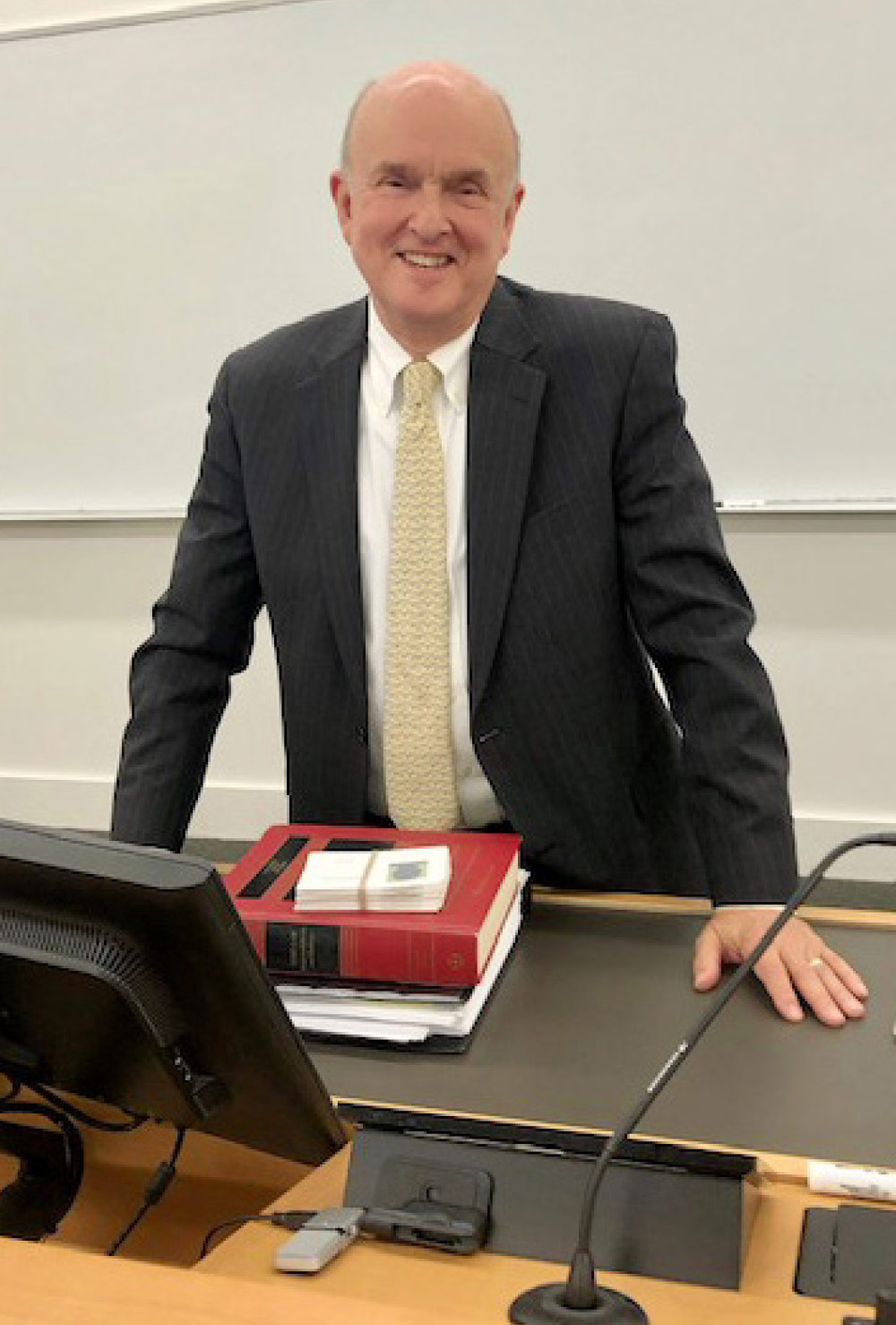
 MICHAEL M. MARTIN
MICHAEL M. MARTIN
MICHAEL M. MARTIN
Martin steered Fordham Law through the tumultuous years following the 2008 financial crisis, when applications to law schools plummeted across the country. Facing enormous budgetary pressures, he responded with gracious yet tireless outreach efforts that allowed the Law School to weather the storm, thanks to the loyal support of the entire Fordham Law community.
Attracting talented and deserving students remained among his highest priorities during that difficult period. As he says now, “I was firmly of the belief that in order for the Law School to maintain its place in legal education, we needed to continue to attract excellent students. I was quite stubborn that I didn’t want any budget adjustments to reduce financial aid. I only wanted to increase it.”
During that time, Martin also continued fundraising efforts for the Law Schools’ iconic new building, shepherding the community into the space the year he stepped down as dean. “I got to see it from the time it really was just a dream, back in 1997, to the year we moved in, in 2014,” he says, with evident satisfaction.
The building remains a symbol of Martin’s life’s work. But to countless colleagues and students, the principles he quietly championed and the community he fostered with integrity and humility are his true legacy.
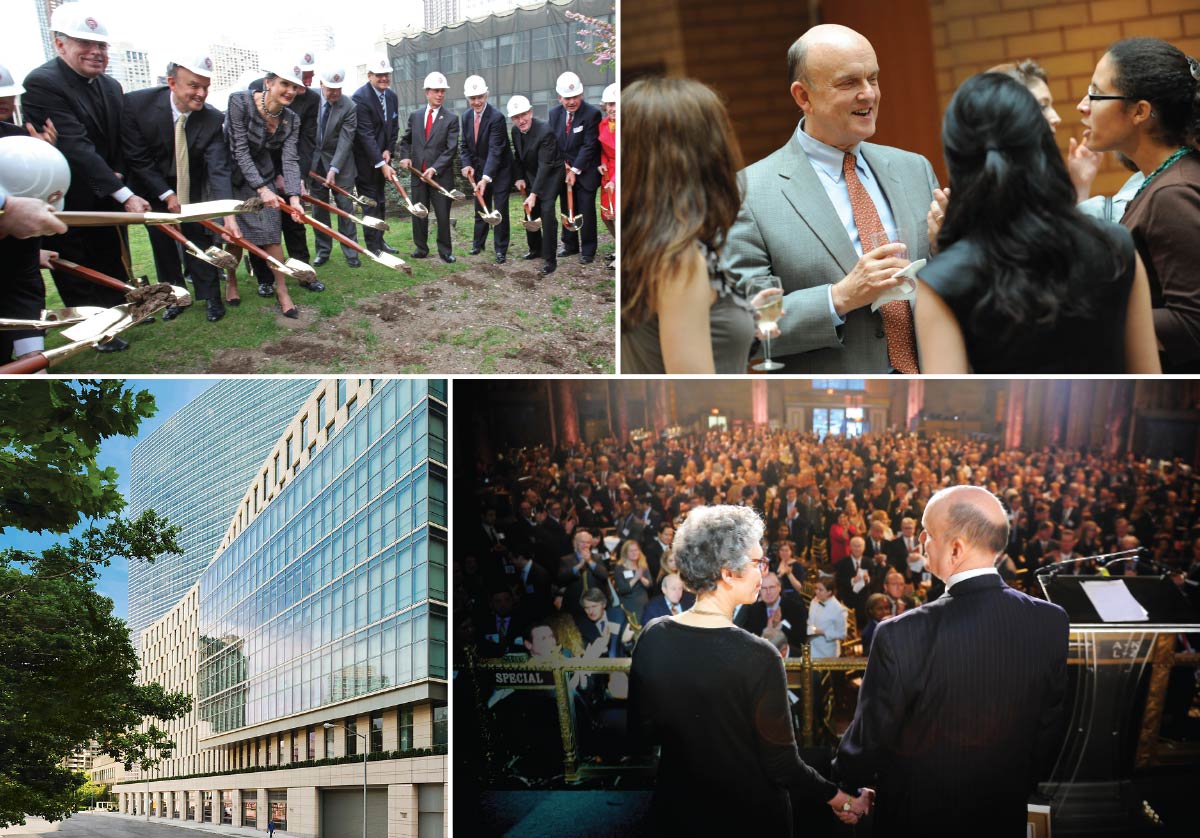
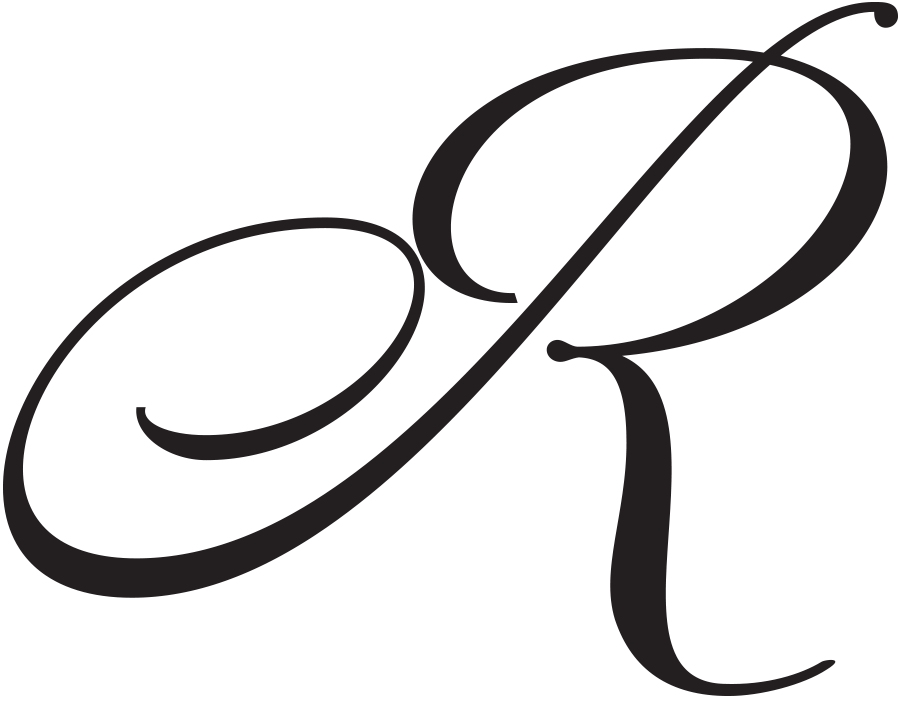 ichard Scott
ichard ScottBirthplace: Bronxville, New York, although my parents were living in Yonkers.
Hometown: Gainesville, Florida. I’m a sixth-generation Floridian on my father’s side and a fifth-generation New Yorker on my mother’s. Her father and grandmother were born in Hell’s Kitchen, not far from the Law School. Spending school years in the Deep South and then summers in New York enlivened my childhood.
Favorite books: I’d put the Bible first, then The Lord of the Rings by J.R.R. Tolkien. The Bible is foundational for my faith. The Lord of the Rings is a magnificent work of imagination. I’m also drawn to the way Tolkien develops themes like courage, duty, loyalty, integrity, and compassion, all with a keen sense of human fallibility.
Signature class: Financial Institutions: Banking. Banking law and regulation have been my professional focus for the past 35 years. The statutes and regulatory structure are in many ways an unholy mess. They’re outdated and ridiculously complex. I enjoy making the subject accessible to students.
Career highlight: It was an honor to serve as assistant secretary of the treasury from 1993 to 1999. But I most enjoyed the six years I spent before that as senior counsel to the Senate Banking Committee. The staff was small but able, dedicated, and well led. It had a strong esprit de corps and took a dim view of game playing and self-promotion. The chairman and staff director trusted me, empowered me, and watched my back. It was exhilarating. In any case, the committee grappled successfully with the savings and loan debacle, the banking crisis of the early 1990s, and the challenge of devising reforms to avoid future fiascos. It led the way to major legislation. Unfortunately, there’s no vaccine against political expediency. A later generation of policymakers succumbed to that and set the stage for the 2008 financial crisis.
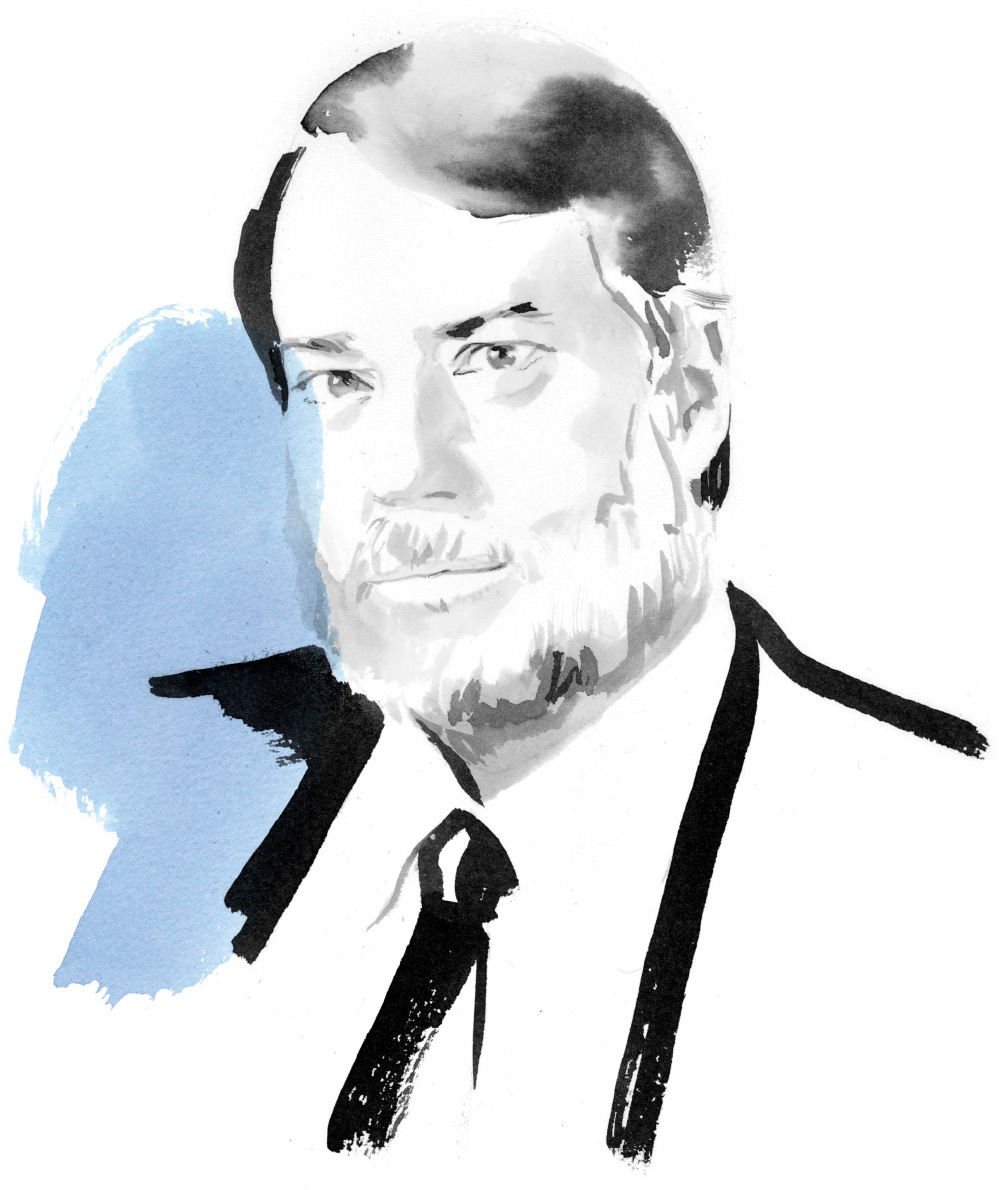
One piece of advice he’d give his younger self: Take even more risks.
First impression of Fordham Law: As law schools go, Fordham is congenial and supportive. I saw that when I arrived, and I still see it.
Favorite physical space on campus: The old sunken courtyard around the statue of St. Peter the Fisherman. It was a still, dreamy place, shaded with willow trees. I’d look out on it from my old office. Unfortunately, we needed the site for our new building.
A colleague who has inspired him and why: John Feerick. His commitment to integrity, professionalism, and love of neighbor has been fundamental to making this law school a positive place.
Parting advice to new faculty: Really listen.

 ichard Scott
ichard ScottBirthplace: Bronxville, New York, although my parents were living in Yonkers.
Hometown: Gainesville, Florida. I’m a sixth-generation Floridian on my father’s side and a fifth-generation New Yorker on my mother’s. Her father and grandmother were born in Hell’s Kitchen, not far from the Law School. Spending school years in the Deep South and then summers in New York enlivened my childhood.
Favorite books: I’d put the Bible first, then The Lord of the Rings by J.R.R. Tolkien. The Bible is foundational for my faith. The Lord of the Rings is a magnificent work of imagination. I’m also drawn to the way Tolkien develops themes like courage, duty, loyalty, integrity, and compassion, all with a keen sense of human fallibility.
Signature class: Financial Institutions: Banking. Banking law and regulation have been my professional focus for the past 35 years. The statutes and regulatory structure are in many ways an unholy mess. They’re outdated and ridiculously complex. I enjoy making the subject accessible to students.
Career highlight: It was an honor to serve as assistant secretary of the treasury from 1993 to 1999. But I most enjoyed the six years I spent before that as senior counsel to the Senate Banking Committee. The staff was small but able, dedicated, and well led. It had a strong esprit de corps and took a dim view of game playing and self-promotion. The chairman and staff director trusted me, empowered me, and watched my back. It was exhilarating. In any case, the committee grappled successfully with the savings and loan debacle, the banking crisis of the early 1990s, and the challenge of devising reforms to avoid future fiascos. It led the way to major legislation. Unfortunately, there’s no vaccine against political expediency. A later generation of policymakers succumbed to that and set the stage for the 2008 financial crisis.
Fordham memory he’ll never forget: Working together after 9/11.
One piece of advice he’d give his younger self: Take even more risks.
First impression of Fordham Law: As law schools go, Fordham is congenial and supportive. I saw that when I arrived, and I still see it.
Favorite physical space on campus: The old sunken courtyard around the statue of St. Peter the Fisherman. It was a still, dreamy place, shaded with willow trees. I’d look out on it from my old office. Unfortunately, we needed the site for our new building.
A colleague who has inspired him and why: John Feerick. His commitment to integrity, professionalism, and love of neighbor has been fundamental to making this law school a positive place.
Parting advice to new faculty: Really listen.
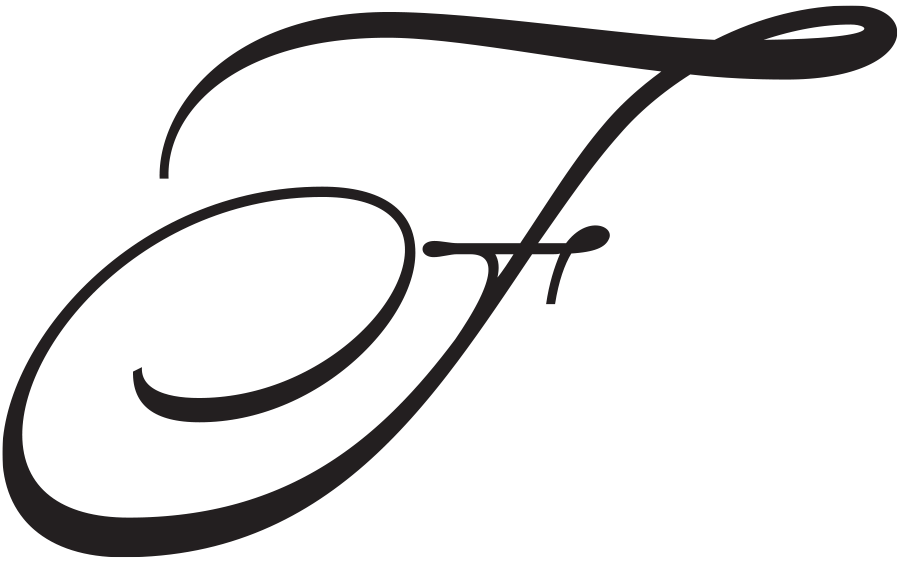 rank
rankBirthplace and hometown: Taichung City, Taiwan. I came to the U.S. in 1961 as a student.
Favorite book: Modern Political Systems: Europe, edited by Roy C. Macridis and Robert E. Ward. First published in 1963, this book succinctly describes the political systems of Great Britain, France, Germany, and the Soviet Union. It helped introduce me to the concept of the state and the theory of sovereignty, both European creations, which I discuss extensively in my recent book The One-China Policy: State, Sovereignty, and Taiwan’s International Legal Status.
Signature class: Commercial Law, which includes the Uniform Commercial Code. I learned the subjects at the University of Chicago School of Law under Professor Soia Menschikoff, the chief reporter of the Uniform Commercial Code. I went on to teach Commercial Transactions, Commercial Paper, and Commercial Finance (Secured Transactions) at the University of Georgia School of Law for five years. At the time, many law schools were looking for professors to teach Commercial Law, so when I went looking for a new job, Fordham hired me right away.
Career highlight: One of my articles, “The Characterization of a Vessel as a Common or Private Carrier,” was first cited in the authoritative book on the law of admiralty, The Law of Admiralty by Gilmore and Black. The article was subsequently cited by three federal courts, including the U.S. Court of Appeals for the Fifth Circuit. Since the initiation of FLASH (The Fordham Law Archive of Scholarship and History) in 2018, the article has been downloaded 620 times in 67 countries.
Biggest challenge: Teaching a course on the civil law system, which introduces the legal history and laws of Germany and France. Although I studied French at National Taiwan University College of Law and German in its Graduate School, reading the French codes and German codes was a struggle.
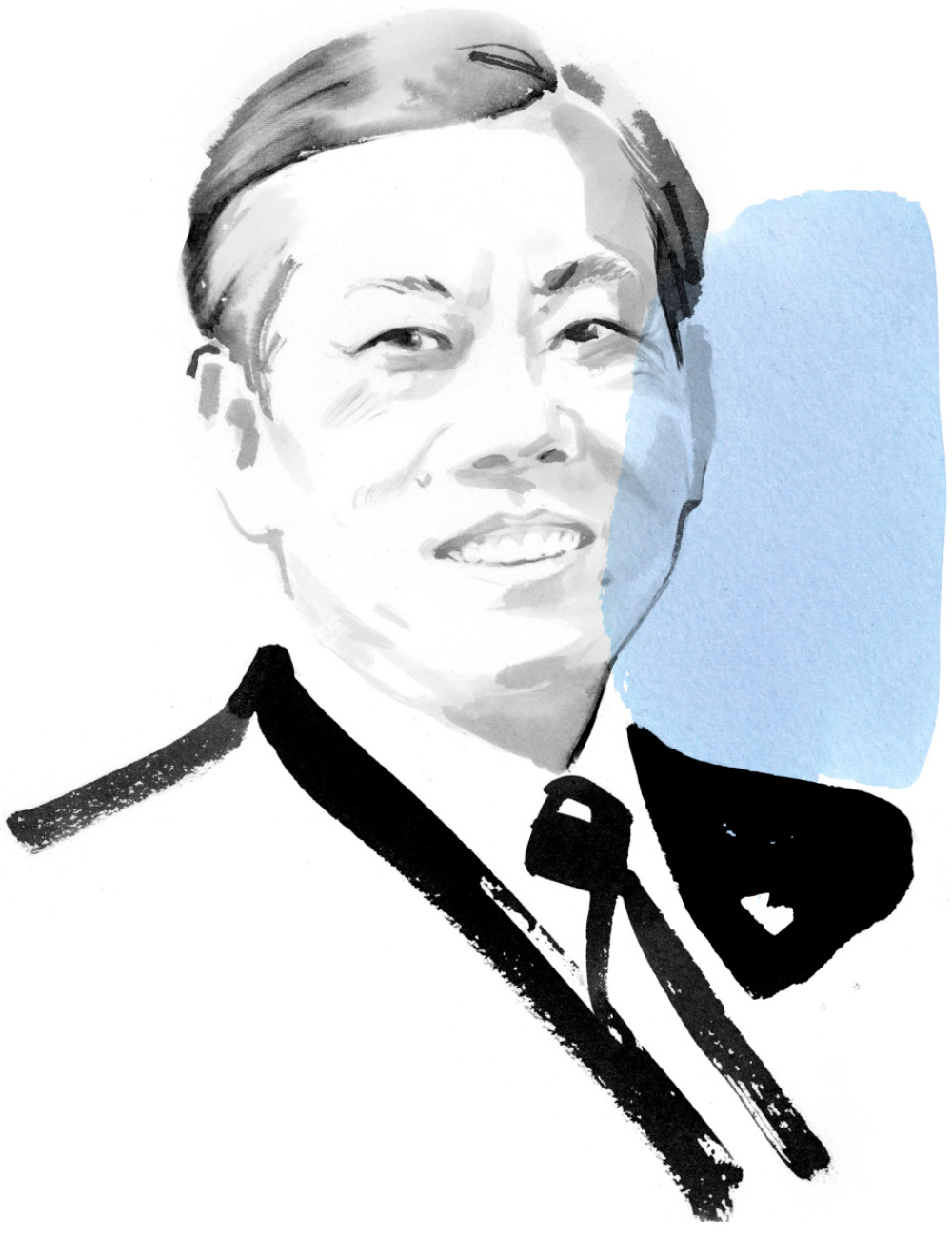
A colleague who has inspired him and why: At Fordham, my mentor was Professor Leonard Manning. He prompted me to apply for tenure during my third year at the Law School and to apply for a promotion the following year, which is when I became a full professor.
Parting advice to new faculty: Try to teach diverse courses before you concentrate in a field. Even if the dean asks you to teach a course that is not of your choice, you may become an expert.

 rank
rankBirthplace and hometown: Taichung City, Taiwan. I came to the U.S. in 1961 as a student.
Favorite book: Modern Political Systems: Europe, edited by Roy C. Macridis and Robert E. Ward. First published in 1963, this book succinctly describes the political systems of Great Britain, France, Germany, and the Soviet Union. It helped introduce me to the concept of the state and the theory of sovereignty, both European creations, which I discuss extensively in my recent book The One-China Policy: State, Sovereignty, and Taiwan’s International Legal Status.
Signature class: Commercial Law, which includes the Uniform Commercial Code. I learned the subjects at the University of Chicago School of Law under Professor Soia Menschikoff, the chief reporter of the Uniform Commercial Code. I went on to teach Commercial Transactions, Commercial Paper, and Commercial Finance (Secured Transactions) at the University of Georgia School of Law for five years. At the time, many law schools were looking for professors to teach Commercial Law, so when I went looking for a new job, Fordham hired me right away.
Career highlight: One of my articles, “The Characterization of a Vessel as a Common or Private Carrier,” was first cited in the authoritative book on the law of admiralty, The Law of Admiralty by Gilmore and Black. The article was subsequently cited by three federal courts, including the U.S. Court of Appeals for the Fifth Circuit. Since the initiation of FLASH (The Fordham Law Archive of Scholarship and History) in 2018, the article has been downloaded 620 times in 67 countries.
Biggest challenge: Teaching a course on the civil law system, which introduces the legal history and laws of Germany and France. Although I studied French at National Taiwan University College of Law and German in its Graduate School, reading the French codes and German codes was a struggle.
First impression of Fordham Law: When I arrived at Fordham Law School in 1972, I was the only minority in the faculty, and I predicted a certain degree of different treatment by the school and my colleagues. It turned out that my prediction was wrong. Dean McLaughlin, who hired me, invited me to join a small group of senior faculty members for lunch every Friday at a restaurant near the Law School. His house in Jamaica Estate, Queens, was a short drive from my house. He and his wife, Fran, and I and my wife, Lisa, had dinners together often after he became a judge of the Federal District Court and subsequently of the Second Circuit.
A colleague who has inspired him and why: At Fordham, my mentor was Professor Leonard Manning. He prompted me to apply for tenure during my third year at the Law School and to apply for a promotion the following year, which is when I became a full professor.
Parting advice to new faculty: Try to teach diverse courses before you concentrate in a field. Even if the dean asks you to teach a course that is not of your choice, you may become an expert.
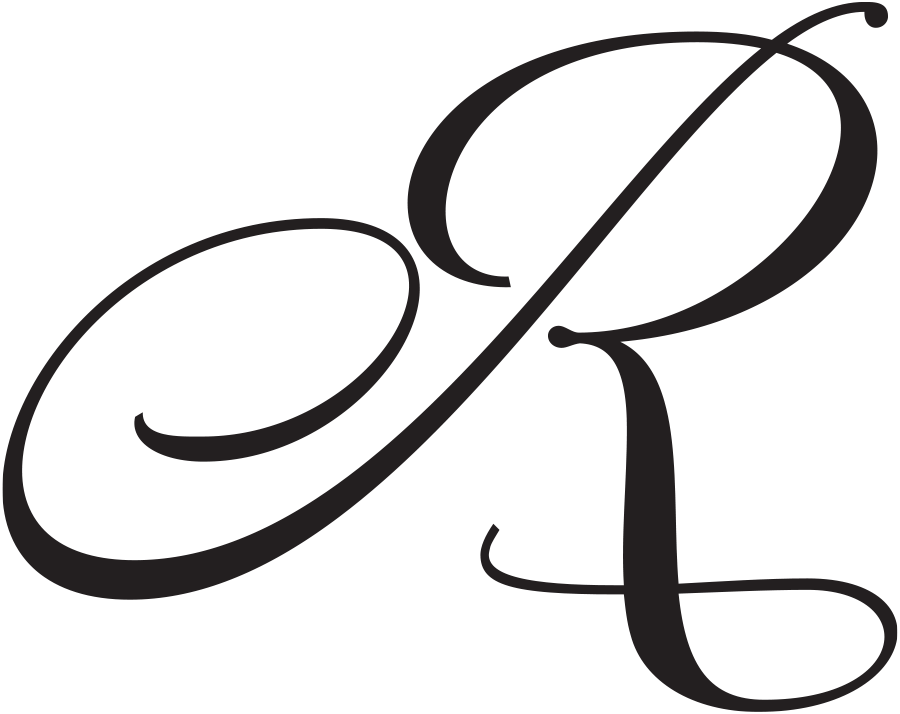 obert
obertBirthplace: Chicago.
Hometown: I was raised on the southeast side of Chicago, in an area known as South Chicago, where Barack Obama once worked as a community organizer.
Favorite book: The Structure of Scientific Revolutions by Thomas Kuhn, which demonstrates that revolutionary discoveries of scientific knowledge are the products of changes in the paradigms scientists use in studying nature. From this book, I learned that paradigms are intellectual frameworks that shape the ways we perceive the world, as scholars and as individuals in our ordinary lives. In my teaching, this insight has enabled me to demonstrate to my law students the importance of understanding not only an opposing position, but also the conceptual framework that supports that position. It has also enabled me to be more effective in teaching students to examine their own paradigms in order to test the validity of their views.
Signature class: Constitutional Law and Constitutional and Legal History. Before becoming a lawyer, I was a constitutional historian and a professor of history and political science at a liberal arts college. I have employed my interdisciplinary perspective to instruct my students that law is not simply a vocational subject consisting of black letter rules and procedures, but an intellectual discipline that shapes and is shaped by the society and culture of which it is a part.
Career highlight: Writing my book Fordham University School of Law: A History. It was significant to me to write about the institution where I was working. I discovered that the Law School was unique at its founding and for years thereafter in providing an interdisciplinary legal education, but that it had lost its unique character years before I arrived, in 1986, and had taken on a vocational focus. I participated as a member of the faculty in restoring much of its interdisciplinary and academic character. Among other issues, the book is the only detailed study that examines whether a law school’s tuition should support the university.
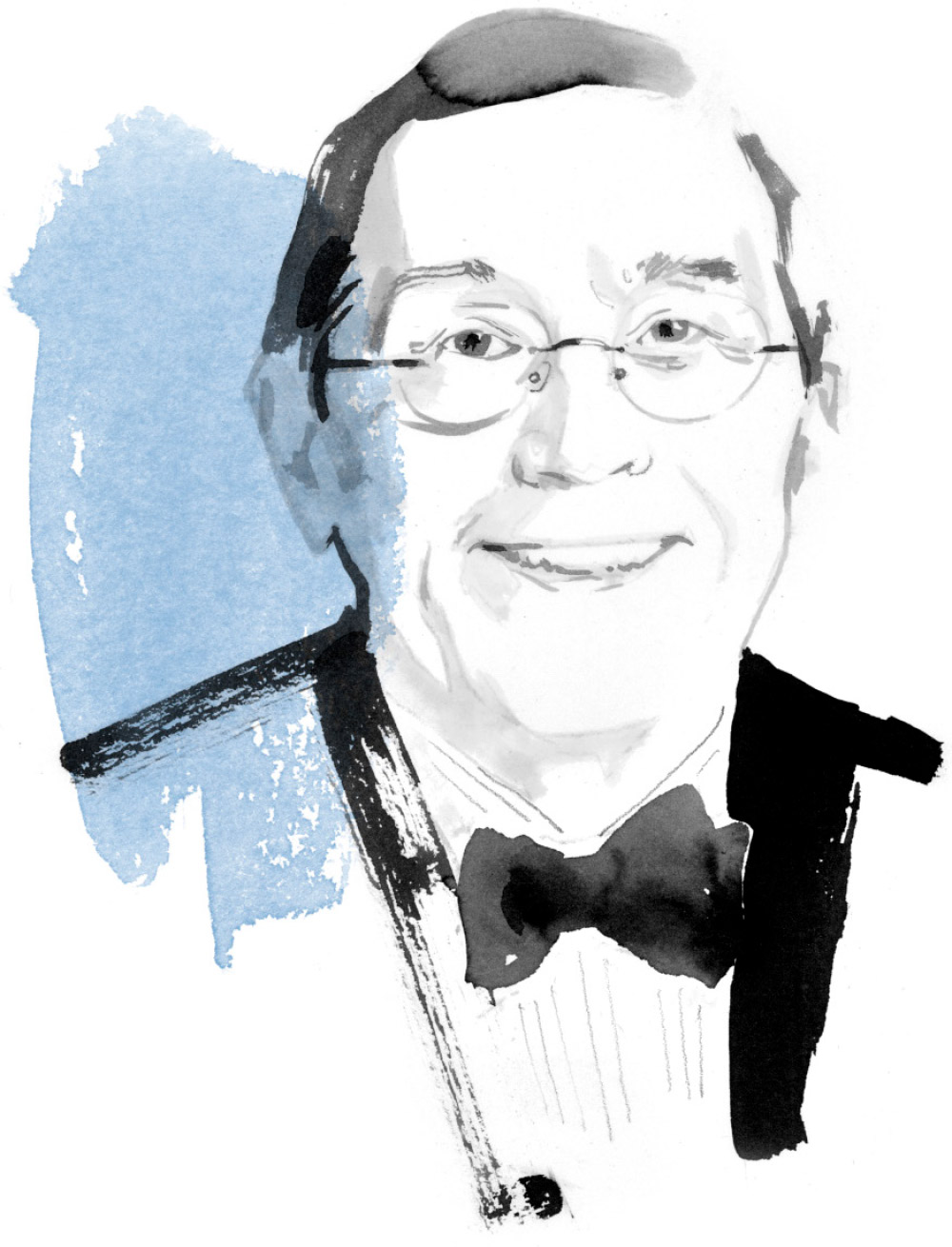
Fordham memory he’ll never forget: The conference I organized and ran in July 2018 in Florence, Italy, focusing on my book. One highlight was a debate between Judge Guido Calabresi (a former dean of Yale Law School) and John Sexton (president emeritus of NYU) regarding law school finances. President Sexton argued that law school revenue is university money, and law schools should have to justify to a university administration why they should be funded more than other divisions and schools within the university. Judge Calabresi argued that law school money should be independent of the university. This is an ongoing debate and anyone who wants quick access to it can read the proceedings of the conference in the Fordham Law Review.
One piece of advice he’d give his younger self: Don’t be so hard on yourself; be as kind, compassionate, and loving to yourself as you are to others.
A colleague who inspired him: Professor William E. Nelson, NYU School of Law. Bill became my mentor when I began law school, and he has continued to be my mentor to this day—and my closest friend. Bill is also one of the nation’s most important legal and constitutional historians who has produced influential works, including one of the classics of the social history of law.
A student who inspired him: Danielle Keats Citron was an exceptional student by the highest standards of excellence. After a federal judicial clerkship and experience at a major law firm, she became a legal educator. An outstanding teacher, she created a field of legal analysis and is the preeminent scholar in her field. She has been recognized for her original scholarship by being awarded a 2019 MacArthur “genius” grant.
Parting advice to new faculty: Strive to be original in your scholarship, and thoroughly read the cases and other materials you assign each time you teach them to discover new insights.

 obert
obertBirthplace: Chicago.
Hometown: I was raised on the southeast side of Chicago, in an area known as South Chicago, where Barack Obama once worked as a community organizer.
Favorite book: The Structure of Scientific Revolutions by Thomas Kuhn, which demonstrates that revolutionary discoveries of scientific knowledge are the products of changes in the paradigms scientists use in studying nature. From this book, I learned that paradigms are intellectual frameworks that shape the ways we perceive the world, as scholars and as individuals in our ordinary lives. In my teaching, this insight has enabled me to demonstrate to my law students the importance of understanding not only an opposing position, but also the conceptual framework that supports that position. It has also enabled me to be more effective in teaching students to examine their own paradigms in order to test the validity of their views.
Signature class: Constitutional Law and Constitutional and Legal History. Before becoming a lawyer, I was a constitutional historian and a professor of history and political science at a liberal arts college. I have employed my interdisciplinary perspective to instruct my students that law is not simply a vocational subject consisting of black letter rules and procedures, but an intellectual discipline that shapes and is shaped by the society and culture of which it is a part.
Career highlight: Writing my book Fordham University School of Law: A History. It was significant to me to write about the institution where I was working. I discovered that the Law School was unique at its founding and for years thereafter in providing an interdisciplinary legal education, but that it had lost its unique character years before I arrived, in 1986, and had taken on a vocational focus. I participated as a member of the faculty in restoring much of its interdisciplinary and academic character. Among other issues, the book is the only detailed study that examines whether a law school’s tuition should support the university.
Biggest challenge: I was raised in a poor and ethnically and racially diverse community in Chicago. My parents were uneducated—my father dropped out of elementary school at about the age of 11 when his father died; my mother only finished elementary school. As members of the lower working classes and children of Polish and Italian immigrants at a time when Poles and Italians were regarded as inferior races, my parents never felt that they belonged in the broader society, and neither did I. In fact, together with my Mexican grandfather, we were overtly excluded from that society on occasion. So, my greatest challenge was dealing with feelings of exclusion and unworthiness and replacing them with feelings of belonging and worthiness. This I did, eventually, through my accomplishments first and foremost as a partner with Mary Lee and parent of my two sons, and then as a lawyer, educator, and scholar.
Fordham memory he’ll never forget: The conference I organized and ran in July 2018 in Florence, Italy, focusing on my book. One highlight was a debate between Judge Guido Calabresi (a former dean of Yale Law School) and John Sexton (president emeritus of NYU) regarding law school finances. President Sexton argued that law school revenue is university money, and law schools should have to justify to a university administration why they should be funded more than other divisions and schools within the university. Judge Calabresi argued that law school money should be independent of the university. This is an ongoing debate and anyone who wants quick access to it can read the proceedings of the conference in the Fordham Law Review.
One piece of advice he’d give his younger self: Don’t be so hard on yourself; be as kind, compassionate, and loving to yourself as you are to others.
A colleague who inspired him: Professor William E. Nelson, NYU School of Law. Bill became my mentor when I began law school, and he has continued to be my mentor to this day—and my closest friend. Bill is also one of the nation’s most important legal and constitutional historians who has produced influential works, including one of the classics of the social history of law.
A student who inspired him: Danielle Keats Citron was an exceptional student by the highest standards of excellence. After a federal judicial clerkship and experience at a major law firm, she became a legal educator. An outstanding teacher, she created a field of legal analysis and is the preeminent scholar in her field. She has been recognized for her original scholarship by being awarded a 2019 MacArthur “genius” grant.
Parting advice to new faculty: Strive to be original in your scholarship, and thoroughly read the cases and other materials you assign each time you teach them to discover new insights.
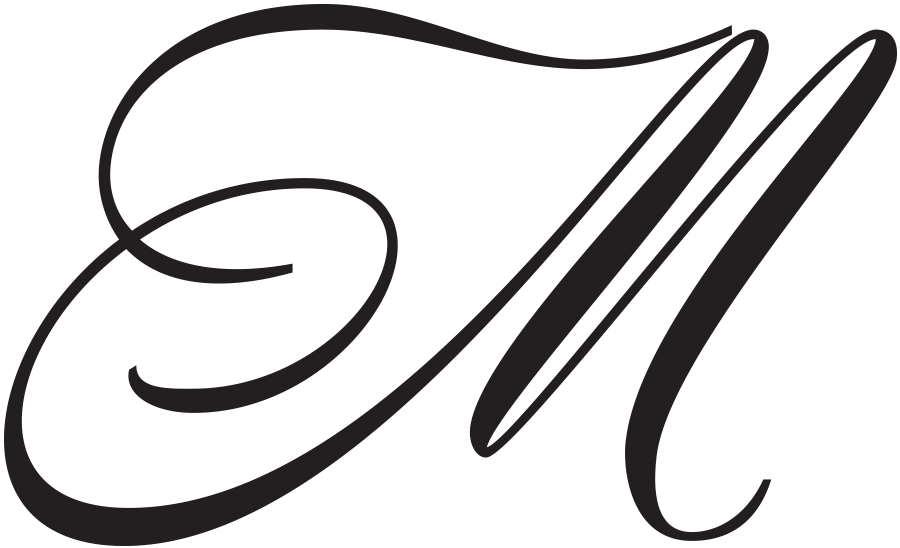 arcella
arcellaBirthplace: Brooklyn.
Hometown: New York City.
Favorite books: Most recently, The Color of Law by Richard Rothstein (2017), an awakening for me to the extent to which government itself racially segregated America after World War II. The book makes a powerful case for reparation. Most personally transformative was the feminist literature of the ’60s and ’70s. When I was 14, I read The Feminine Mystique (Betty Friedan, 1963), which exposed “the problem that had no name” for women of my mother’s generation who were unfulfilled by marriage and motherhood alone. The book helped me and many in my generation embrace broader possibilities for ourselves.
Signature class: The Law School’s Consumer Litigation Clinic—ever engaging because it involved so many different areas of law, in different courts, and so often forced me to learn new things. Also, by involving both private commercial law and public interest law, it attracted all kinds of law students, so was especially interesting.
Career highlight: With Fordham’s great law students, I’ve worked on numerous cases that not only helped our clients but also reformed the law in favor of low-income people in general in different areas—public benefits, consumer protection, and civil procedure. In one case, my students represented a disabled, low-income man who spoke no English, who was tricked into coming to a car lot by cold calls telling him that he had won a prize, then tricked into financing a new car he couldn’t afford and then, over nine months, two more cars! In a case of first impression, an appellate court interpreted the federal and state laws against deception and fraud in auto financing in a way that expanded the rights of consumers.
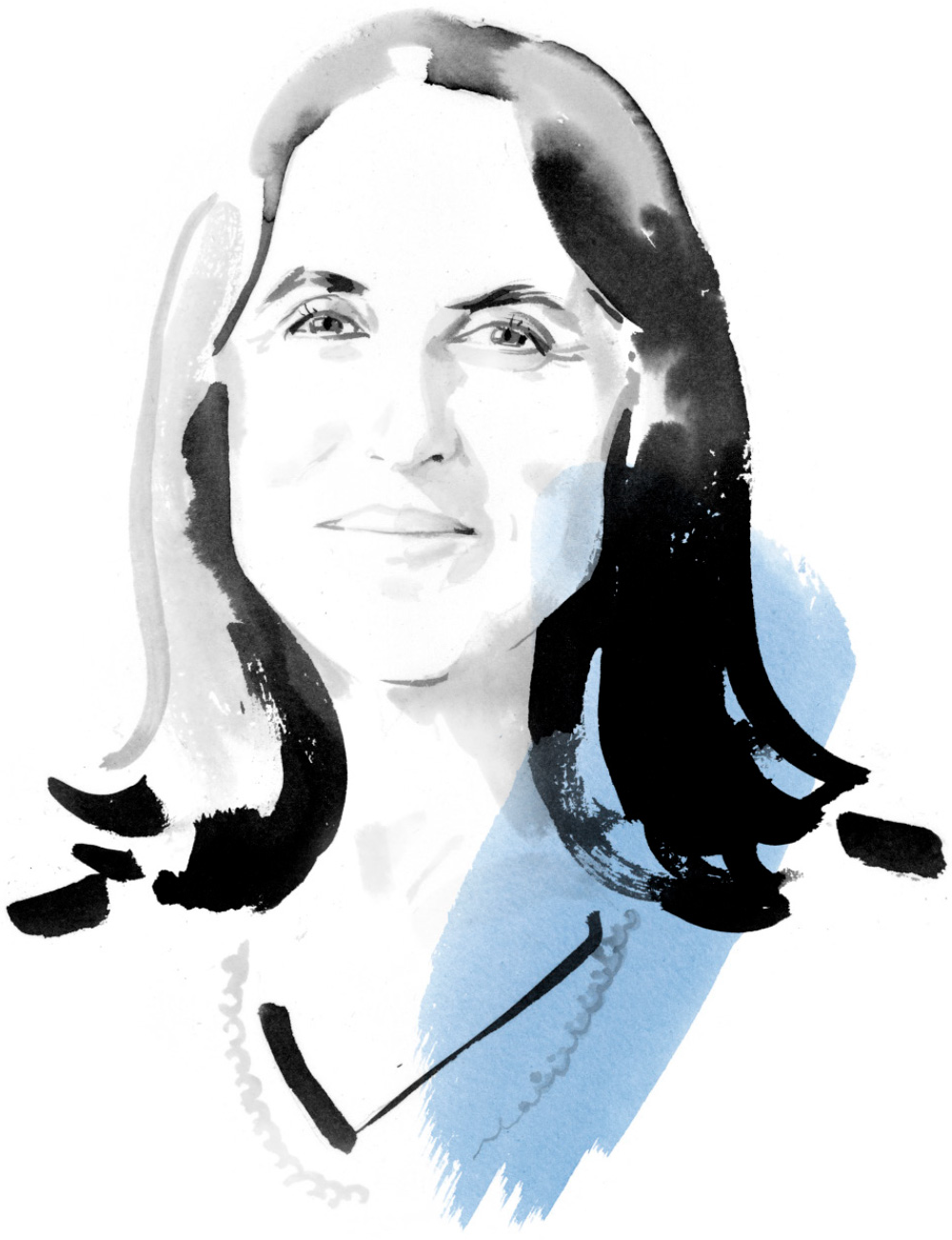
One piece of advice she’d give her younger self: Get more sleep, somehow. And smell more roses.
First impression of Fordham Law: My first impression was of a very friendly, warm, collegial, interesting, and dynamic place. That turned out to be completely true.
A colleague who has inspired her and why: Associate Dean of the Law School Ann Moynihan was my colleague at Legal Aid for 14 years and the reason I came to Fordham Law. She taught me almost everything I know about lawyering. When she died, in 2007, she left behind a legacy as a courageous champion of people who have no voice, a really talented lawyer who could have made a lot of money but chose a different path. She inspired a lot of us to do the same.
Student who inspired her: I see an extraordinary passion for justice in so many students. Some are going to work at big firms and some are going to be public interest lawyers—and some are hoping to do both—but when we’re representing low-income clients at the clinic, they all come to life with their enthusiasm and hard work. Looking through their eyes at the things I’ve done a million times just inspires me.
Parting advice to new faculty: Especially to women, don’t let perfect be the enemy of good. For women of my generation, there were so few role models, such assumptions that we couldn’t lawyer as well as men could—so we always felt pressure to do an outsize job. Same advice I’d give my younger self: Get more sleep, smell more roses.

 arcella
arcellaBirthplace: Brooklyn.
Hometown: New York City.
Favorite books: Most recently, The Color of Law by Richard Rothstein (2017), an awakening for me to the extent to which government itself racially segregated America after World War II. The book makes a powerful case for reparation. Most personally transformative was the feminist literature of the ’60s and ’70s. When I was 14, I read The Feminine Mystique (Betty Friedan, 1963), which exposed “the problem that had no name” for women of my mother’s generation who were unfulfilled by marriage and motherhood alone. The book helped me and many in my generation embrace broader possibilities for ourselves.
Signature class: The Law School’s Consumer Litigation Clinic—ever engaging because it involved so many different areas of law, in different courts, and so often forced me to learn new things. Also, by involving both private commercial law and public interest law, it attracted all kinds of law students, so was especially interesting.
Career highlight: With Fordham’s great law students, I’ve worked on numerous cases that not only helped our clients but also reformed the law in favor of low-income people in general in different areas—public benefits, consumer protection, and civil procedure. In one case, my students represented a disabled, low-income man who spoke no English, who was tricked into coming to a car lot by cold calls telling him that he had won a prize, then tricked into financing a new car he couldn’t afford and then, over nine months, two more cars! In a case of first impression, an appellate court interpreted the federal and state laws against deception and fraud in auto financing in a way that expanded the rights of consumers.
Biggest challenge: Combining being a practicing and litigating lawyer with having children. I managed it a few ways: I always lived near my mother and my workplace, and I grabbed hold of technology ASAP (so could work at home after the kids were asleep and before they got up, for better or for worse!). These—and Fresh Direct grocery delivery—made mothering and lawyering more compatible.
One piece of advice she’d give her younger self: Get more sleep, somehow. And smell more roses.
First impression of Fordham Law: My first impression was of a very friendly, warm, collegial, interesting, and dynamic place. That turned out to be completely true.
A colleague who has inspired her and why: Associate Dean of the Law School Ann Moynihan was my colleague at Legal Aid for 14 years and the reason I came to Fordham Law. She taught me almost everything I know about lawyering. When she died, in 2007, she left behind a legacy as a courageous champion of people who have no voice, a really talented lawyer who could have made a lot of money but chose a different path. She inspired a lot of us to do the same.
Student who inspired her: I see an extraordinary passion for justice in so many students. Some are going to work at big firms and some are going to be public interest lawyers—and some are hoping to do both—but when we’re representing low-income clients at the clinic, they all come to life with their enthusiasm and hard work. Looking through their eyes at the things I’ve done a million times just inspires me.
Parting advice to new faculty: Especially to women, don’t let perfect be the enemy of good. For women of my generation, there were so few role models, such assumptions that we couldn’t lawyer as well as men could—so we always felt pressure to do an outsize job. Same advice I’d give my younger self: Get more sleep, smell more roses.